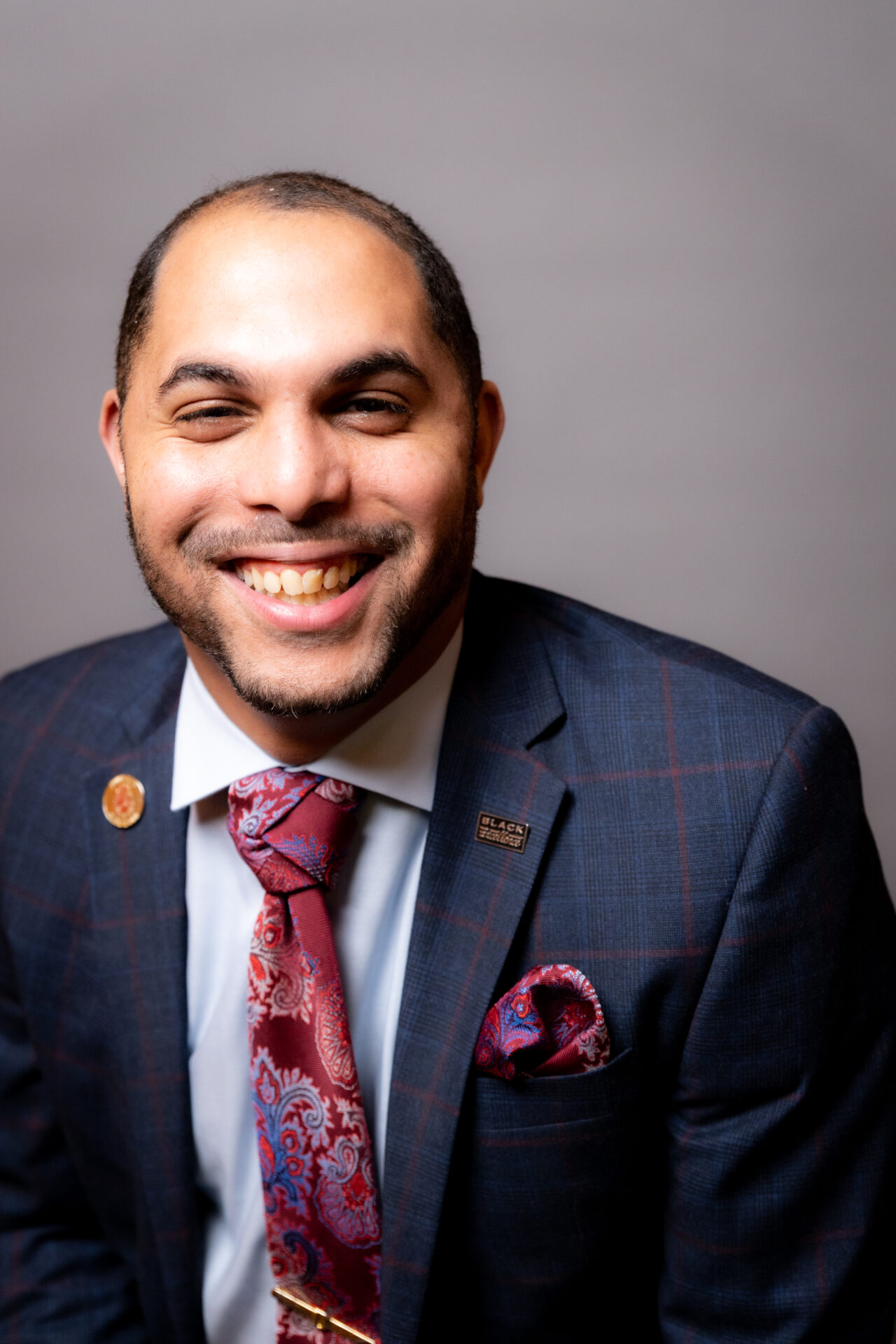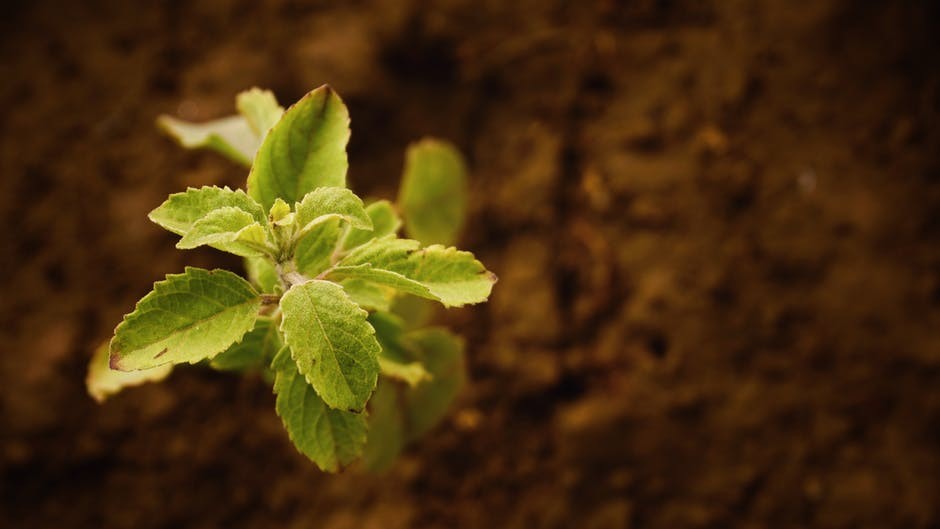The 6th Annual Growing Resilient Communities Gathering

Last week, 381 attendees joined us for our 6th Annual Growing Resilient Communities Gathering, a conference centered on honoring and celebrating youth voices. A myriad of guest speakers shared insights into how to include youth voices in decision-making and why it matters, and spotlighted organizations doing on-the-ground work to bring youth into the conversation.
To include youth voices, it is important not only to invite youth to the table, but to listen to their voices and incorporate their ideas into your work. The keynote speaker, Donte Curtis from Catch Your Dream Consulting, used his session to highlight how creating relationships with and listening to youth will create a stronger community. “If the seed isn’t growing, change the environment. Don’t blame the seed,” Curtis said of the importance of nurturing youth and putting them in the position to thrive.

Keynote Speaker Donte Curtis from Catch Your Dream Consulting
Breakout sessions offered additional insight into fostering relationships between youth and adults. A panel of youth and staff from the REACH in Mankato shared their tips for developing youth-adult relationships, including combatting the idea that adult ideas are inherently more valuable because of age. “Youth really need us to listen to what they’re saying,” said a staff member from the REACH. “[We need to] give them a chance to speak and be open to hearing their opinion.” Dr. Raj, an Associate Professor at Metropolitan State University, shared similar ideas in his breakout session, noting that we operate in a hierarchy based on age, race, gender, class, etc., and to truly incorporate ideas from everyone, the hierarchy needs to be leveled out so all voices and ideas are heard equally.
Bridging youth-adult relationships can feel more difficult in the digital age. In her breakout session, Erin Walsh from the Spark and Stitch Institute addressed concerns that adults have about the intersection between youth mental health and technology. Walsh shared research indicating that online platforms can be a space for youth to build valuable connection and a sense of belonging; online spaces can also be detrimental to wellbeing if balance and care isn’t taken to engage in the right spaces. She highlighted the importance of being responsive to youth when they face a dilemma using digital media, talking through their thoughts and feelings to encourage social and emotional development; simply taking away a phone or access to gaming platforms, in contrast, doesn’t help youth build skills to understand, navigate, and learn from their online experiences.
Valued relationships with adults can be a key factor in building resilience among youth. Data from the Minnesota Student Survey, presented by Melissa Adolfson from the Wilder Foundation and Jackie Freund from EpiCog LLC, highlighted several protective factors for youth, including having caring relationships, being able (and willing) to talk to adults about problems, having access to developmental assets, feeling safe, and engaging in rewarding activities after school. Youth who had more of these protective factors were less likely to report depression, anxiety, and substance abuse.
Several individuals shared their own experiences as youth, and how being seen, heard, and encouraged (or the absence of those supports) impacted who they are today. A panel of youth from Marnita’s Table shared how the organization utilizes Intentional Social Interaction (IZI) to create space for youth, stakeholders, and other community members to speak their truth and connect with each other. IZI amplifies the voices of those most impacted by the decisions and encourages collaboration across all boundaries, including age, race, gender, etc. to collectively address equity and diversity in decisions in policy, schools, and more. Youth shared how participating in IZI events changed their perspective on how they could engage with their own communities. “The earlier we get youth thinking [that their voices will be heard], the better our communities will be,” one panelist shared about his experience. Another panelist highlighted the importance of letting youth know how to get involved, stating that you must “show youth that there are structures in place for them to make their voices heard.”
Three members of the Leech Lake band of Ojibwe, Gary Charwood, Gozi White, and Josh Redday, also shared their own stories of navigating challenges as youth that, at times, set them on an unhealthy trajectory; but, similar to the youth at Marnita’s Table, they shared how structures in place, such as opportunities to connect more deeply with their culture, as well as activities like basketball and dance, helped them find their “why,” or their purpose. These structures for youth participation and growth, as well as support from elders and mentors, gave them a chance to learn to lead. As a result, today they are inspiring others with their stories and leading efforts to strengthen the health and wellbeing of community members.
These examples of youth resilience highlight the importance of empowering youth as leaders and decision-makers today. As Curtis emphasized in his keynote, “We talk about youth as future leaders, but they are leaders now, today.” To engage youth voices today, we must: put youth in leadership positions, ask them what they want and need, and expect greatness. By including youth and breaking down barriers, we create a stronger collective that ensures equity for all. Curtis said it best about the necessity for standing together across all barriers: “When we stay together, we cannot be broken.”
For recordings and resources related to this year’s Gathering, please visit Gathering Conference Recordings.
The Gathering was made possible by support from the Center for Prevention at Blue Cross Blue Shield of Minnesota and by More Resilient Minnesota.

